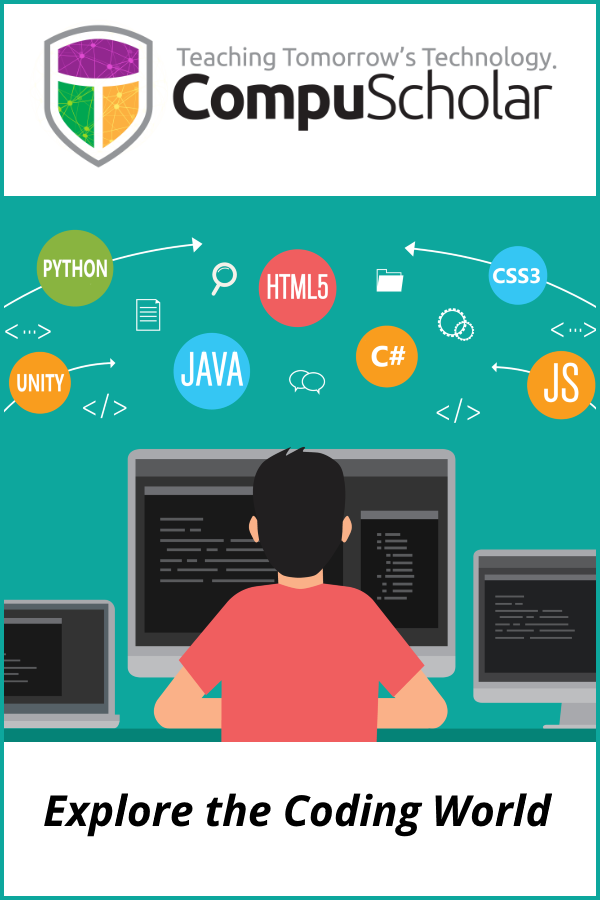
In 2017, we studied the job outlook for software engineers and found plenty of great opportunities in Computer Science. What has changed in the last 4 years? Let's find out!
High Growth, High Salaries, Low Unemployment
In 2017, the U.S. Bureau of Labor Statistics projected software jobs to have 24% growth through 2026. Now, 4 years later, we still have a similar 22% projected growth in jobs for software engineers over the next decade. The unemployment rate for software engineers has held steady between 1 - 3% over the last 4 years, even as the national unemployment average has moved from 4.5% to 6.2%. Clearly, software engineers are still in high demand.
As you might expect, with high demand comes high salaries. An entry-level software engineer will have an average salary of $76k, which is $25k higher than the national average for all other types of degrees. Once a programmer has a few years of experience, the average salary will leap to $107k. For more information, check out the Bureau of Labor's page on Software Developers.
In-Demand Programming Languages
 What major programming languages are in the most demand in the job market? A little online searching will show that everyone has a different ranking system. However, major languages like Python, Java, C#, C/C++ and PHP are usually near the top of the list. Other "specialty" languages like JavaScript, HTML/CSS (for web pages) and SQL (for databases) are also popular. Several new languages have emerged in the last 4 years, including Google Go (for systems programming), R (for data science and analytics) and Kotlin (for Android Apps).
What major programming languages are in the most demand in the job market? A little online searching will show that everyone has a different ranking system. However, major languages like Python, Java, C#, C/C++ and PHP are usually near the top of the list. Other "specialty" languages like JavaScript, HTML/CSS (for web pages) and SQL (for databases) are also popular. Several new languages have emerged in the last 4 years, including Google Go (for systems programming), R (for data science and analytics) and Kotlin (for Android Apps).
We are often asked which language students should learn in high school in order to have the most success in the job market. In our view, it doesn't matter at all! Software engineers are expected to know multiple languages. Computer science concepts are universal, and once you know one language, you can pick up others easily. In high school, it is more important to pick a curriculum that teaches a specific language in a way that is fun and approachable for that age group. With a good initial coding experience, we believe students are more likely to pursue software as a career.
Personal Skills
What personal skills do students need to be successful as a software engineer? You will find that successful programmers have great communication skills, because they will need to read and write requirements documents, design documents and test plans. They need to work well in a team, because most software projects require many people. Companies that interview entry-level software engineers that are "fresh out" of college with a BSCS degree will be interested in what you did in college - your coursework and internships - but don't really care about anything you did in high school.
How Can Your CTE Program Help Meet Demand?
Is your CTE program focused on graduating job-ready high school students? In some professions, that might be possible, but software engineers typically need a 4-year degree in BSCS or something similar as an entry-level requirement. Is your state or district motivating you to get high school students "certified" by some industry exam? Those certifications will be 4+ years out of date and largely ignored by the time someone sits down to interview for their first full-time job. Does your district force kids to choose a "pathway" as a freshman or sophomore, launching them down a rigid sequence of courses? That makes it hard for juniors or seniors to experiment with entry-level coding classes and explore software careers.
So how can CTE programs really help create more software engineers to fill all these great jobs? It's simple - you want to encourage students to go to college and choose a BSCS or similar degree track. To do that, offer fun, introductory coding courses on multiple skills with a variety of languages. Allow students to take these courses at any time without a bunch of prerequisites. You just need to ensure they have a good experience with one or two courses to help that light bulb go on and steer them towards a software career.
For More Information
Check out our March, 2021 Professional Development Webinar - "Software Industry Job Outlook and Desired Skills" - for further discussion. As always, please Contact Us if you have questions!